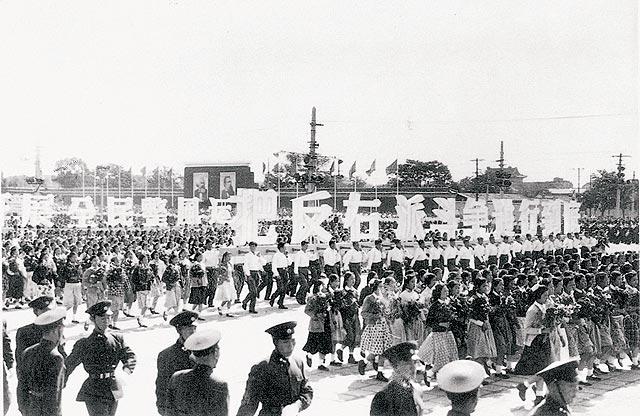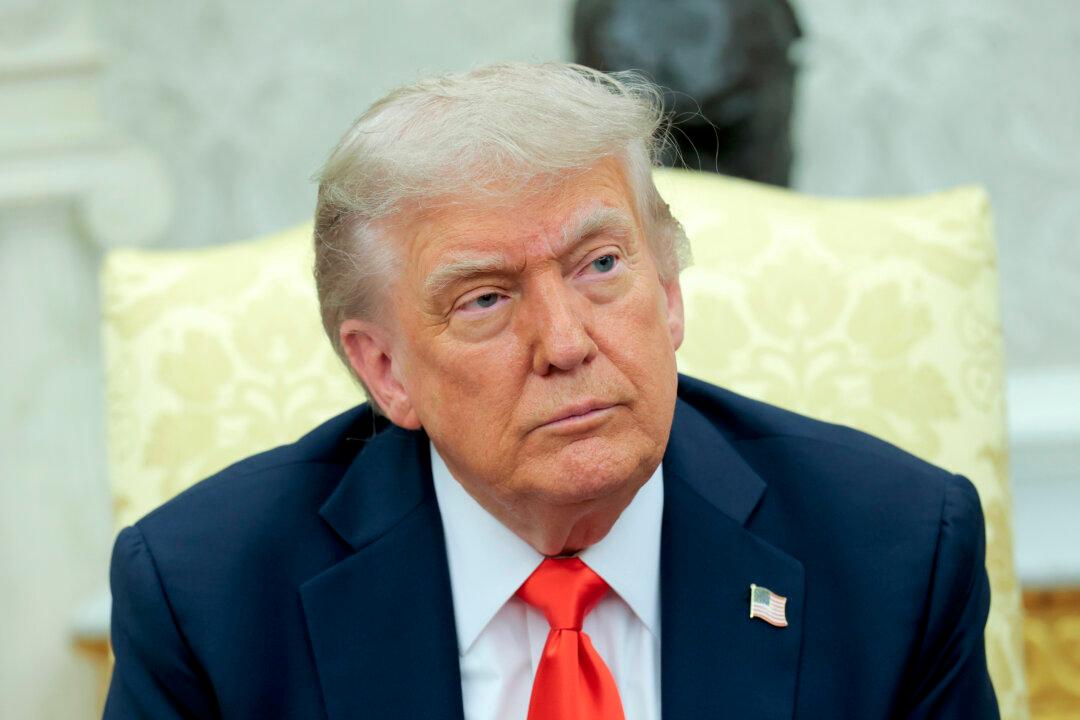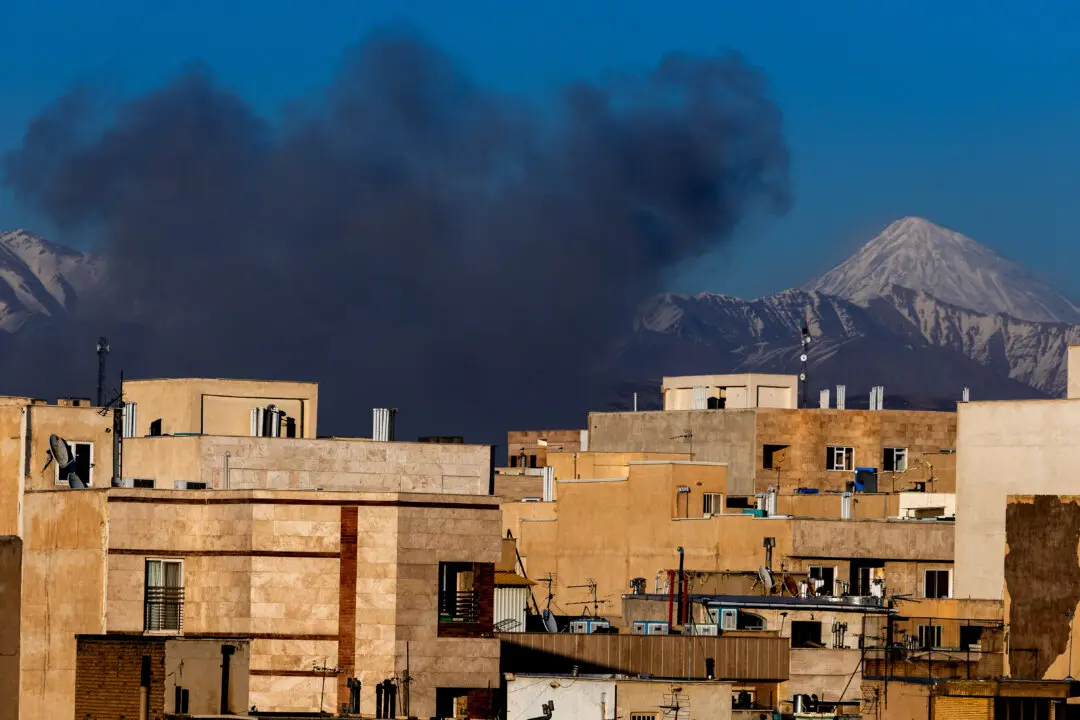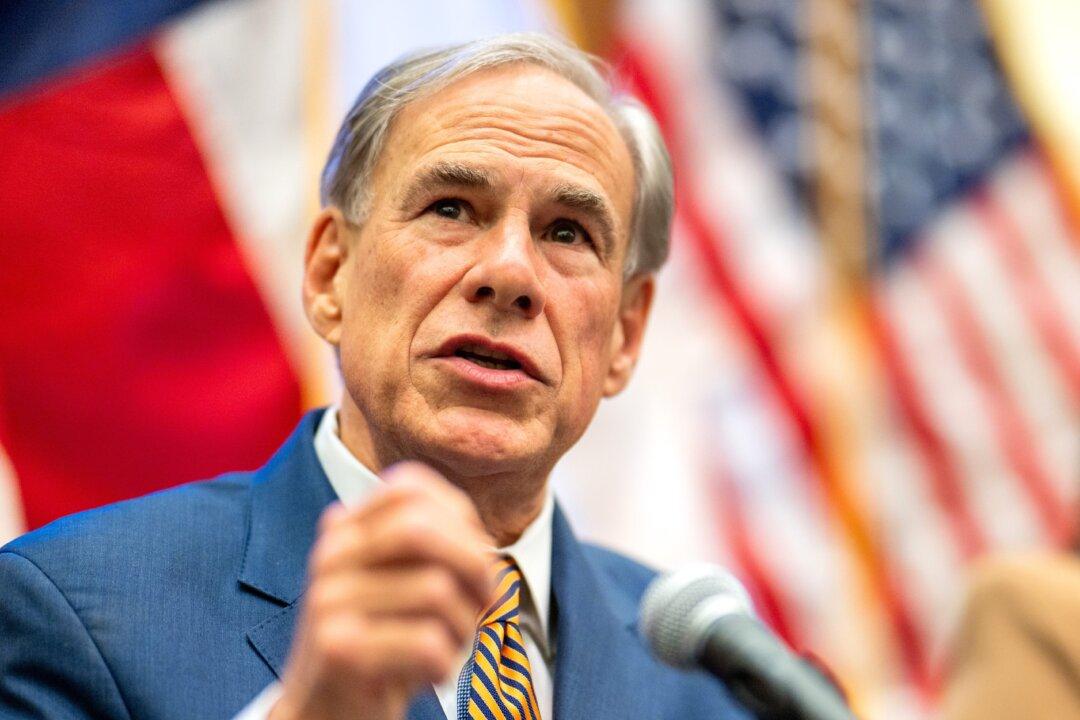Throughout history, intellectuals have been frequent targets of tyrannical regimes to suppress political dissent. But Chinese communist leader Mao Zedong himself boasted about taking it a step further.
After the Chinese Communist Party took power in 1949, Mao had instilled a climate of fear and terror. In the late 1940s to early 1950s, he mobilized Chinese peasants to kill off the landlord class, resulting in a death toll that various estimates place from the hundreds of thousands, to up to several million. In some areas, public trials became the norm, and Mao’s politicized peasants became judge, jury, and executioner of the landlord class in China. Amid the repressive climate, intellectuals seemingly lacked a voice to say anything about the communist party.





